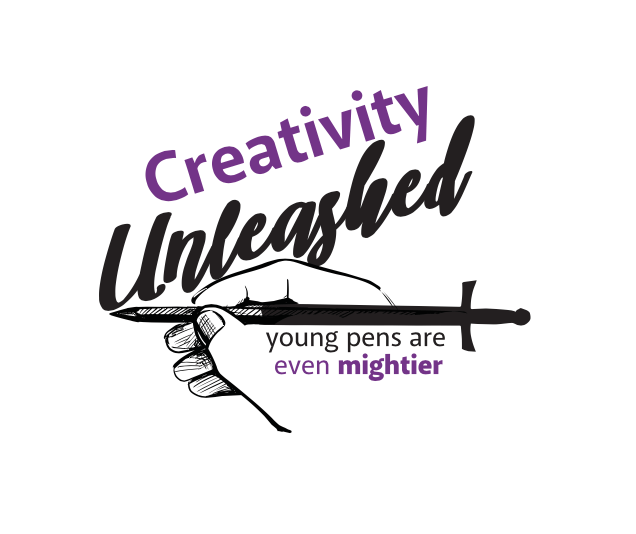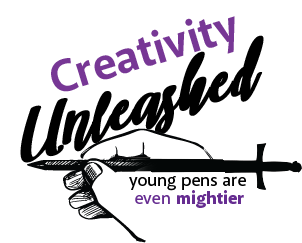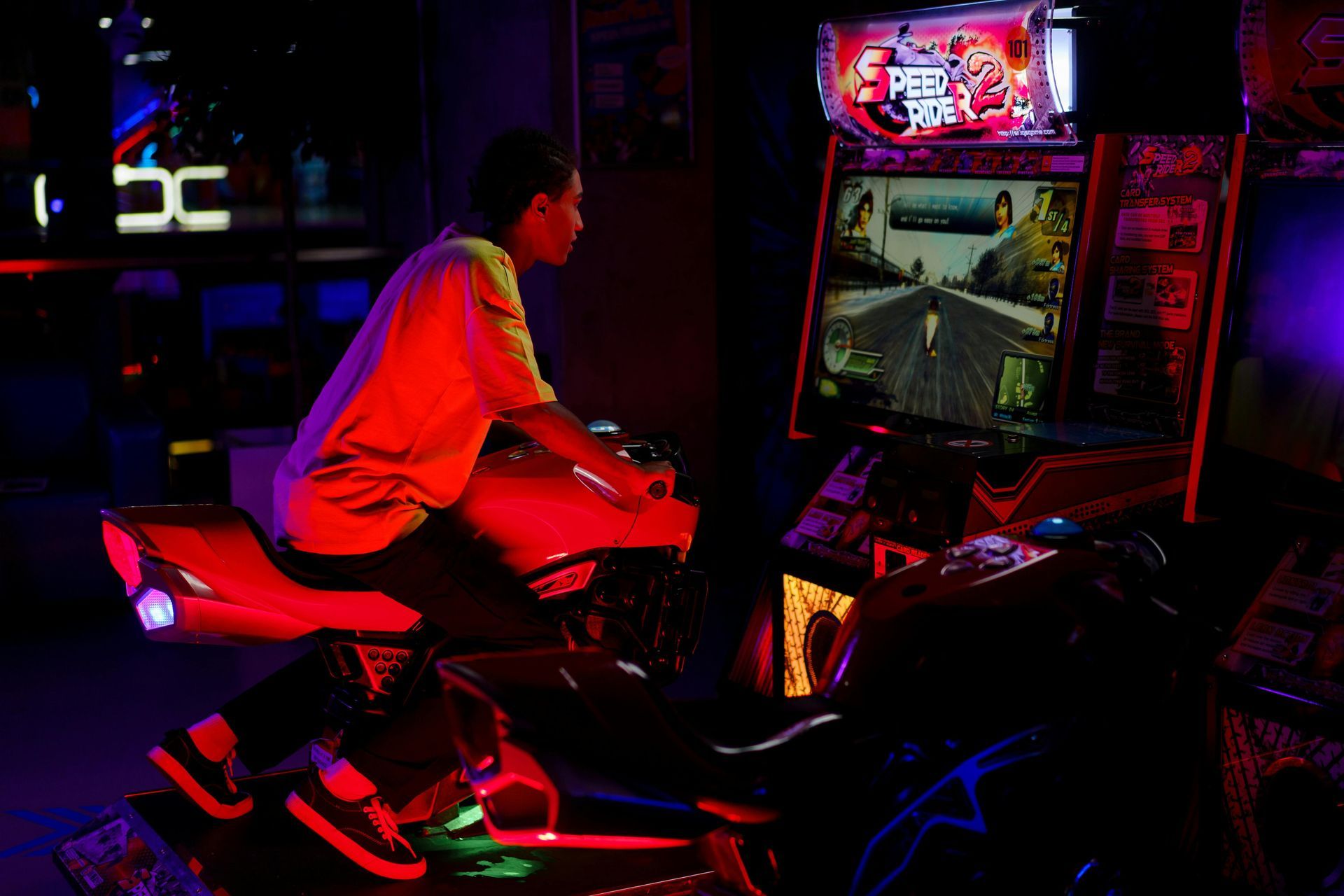Is Democracy Under Threat?
Written by Jessica Kamimbaya from London Academy of Excellence - London, UK
Free. Fair. Frequent.
These are the makings of a democratic electoral system. While we're a far cry from the ancient roots of democracy, rather demos-kratos, time wise, we've also strayed from the original meaning: power of the people. It would be unreasonable to expect democracy to be the same as it once was, however the original notion of democracy was not a stagnant buzzword or goal-post to be met but a seed planted to be nourished in the millenia to come, for citizens spanning generations to reap the fruit of their rightful collective power. Alarmingly, in the 21st century, we've progressed backwards: towards the disempowerment of the voter.
Governments and major corporations across the world reside 'promising subsequent penitence but not yet moved to begin', actions contradicting any sentiments of remorse. The freedom, fairness, and as of 2022's Dissolution and Calling of Parliament Act frequency, of elections in the UK has been battered; threatening democracy as a whole.
Recently the freedom to vote has also been challenged. In an age of spiralling inequality, the Conservative government passed the Elections Act in 2022, requiring voters to bring a form of photo identification to polling stations to vote. According to the Electoral Commission in 2022, 2% of the electorate, nearly 1.5 million otherwise perfectly eligible voters, had no form of the photo-id required to vote. Interestingly enough, marginalised groups are disproportionately affected by such restrictions, the Electoral Commission itself has reported 'some people found it harder than others to show accepted voter ID, including disabled people, younger voters, people from ethnic minority communities, and the unemployed' unsurprisingly, beyond acknowledgement, little is done to address this systemic gap.
The Act is part of a concerning global trend in policies locking certain people out of participating in mainstream politics through indirect and arguably tactical harmful policy Between the reduction of ballot boxes in communities with high African American populations in the state of Georgia and increased vehicle searches and public transport reduction during elections in Brazil, we must ask ourselves: who is most affected?
It's easy to comparatively look towards the past, scoffing at Jim Crow laws mandating voter literacy tests in a disparately segregated educational system and say 'that would never happen today' but this disregards an almost atavism in voter rights, being especially punitive against those on the intersections of marginalised groups.
These factors have coincided with an undeniable rise in populism globally, bolstered by displays of injustice on the parts of massive institutions. Seen in the lack of accountability held against government's involved in the deadly yet fruitless hunt for weapons of mass destruction in Iraq and more recently King Charles Ill's comically ironic yet dystopian King's speech. While relaying the government's plan to tackle the on-going cost of living crisis, satirically coined the 'cozzie livs', he sat on a golden throne, wearing a crown worth several billions of pounds. This after parading on the street in his 'down-sized' coronation which is estimated to have cost the taxpayer 100 million pounds, a gross display of wealth and empire.
These feelings of disenfranchisement at the hands of the accountability-immune state trickle into the sociosphere, many internalise these feelings of rejection from 'the establishment' and seek community on the internet. What may begin as innocently as wanting to feel seen and heard can lead one along two paths: activism, boosting engagement in pluralist politics or extremism, trapped in an e-echo chamber.
As simple as a Tiktok video. Individuals who feel otherwise outcasted and silenced in mainstream forms of political participation become easy pickings for 'strongmen' style, seemingly logical agents of the far-right. The grooming begins as covertly as through 'edgelord' humoured jokes often discriminatory in nature. Just one video? The user engages with the content, liking, sharing the clip with friends. I've seen it first hand among my often male peers, relishing in the counter-cultural humour. That's all it takes.
Predatory algorithms smell the blood in the water and plunge users into vacuums of ideologically similar content, pushing this content to the masses and platforming hate-speech gradually elevating in extremity. This is how extremism is spread in the 21st century.This was particularly dangerous during the Covid-19 pandemic, in which mandated lockdowns led to a reported 10.5% rise in social media usage. When coupled with the fact that 3 in ·1 0 US adults get their news from Facebook, the events of January 6th 202·1 are no surprise but a sign of the times.
Following the election of President Biden, Donald Trump, his predecessor, delivered a speech at a rally denying the democratic credibility of the election, asking his audience 'does anyone believe that Joe had 80 million votes?'. His words riled the crowd who began to chant 'Fight for Trump' which he thanked them for. It is plain to see the violent undertones in his speech which fuelled the crowd. When indicted, his legal team tactically hyper-focused on the portion of the speech where Trump encouraged his thousands of supporters to 'peacefully and patriotically' make their voices heard by marching to the Capitol with him (he was not present). When contextualised by the rest of the speech, warning citizens that if they didn't 'fight like hell' they'd lose their country -interesting choice of words- it all becomes rather menacing.
And so they did, a mob of 2000 stormed the capitol, looting and vandalising, attacking police officers called to the scene, fighting against the results of democracy. The attacks have triggered many 'copycat' incidents of anti-democratic violence globally, including in Brazil, India and Sri Lanka.
Although Facebook had banned Trump himself, the core issue of under-regulation hasn't been addressed. Even before the election, far-right nationalist Facebook groups calling on 'well-armed' members to 'meet up and prep' went unmoderated. Pages like these remain under-regulated by Facebook and other platforms alike, propagating misinformation and anger, threatening not only the safety of democracy but of the state itself.
There is no sole party to blame for this crisis, rather a mass lack of ability to progress compatibly with evolving technology and a growing political awareness culture. A cynic would argue intentionality and wouldn't be completely amiss in noting a half-hearted willingness to be culturally responsive. Not only to the present will and plight of the people, but to learn from past injustices. Yes, democracy is under threat but through active change it can be secured.



